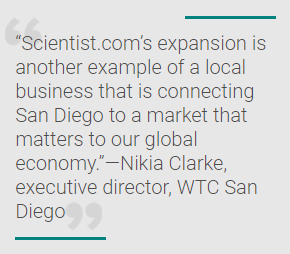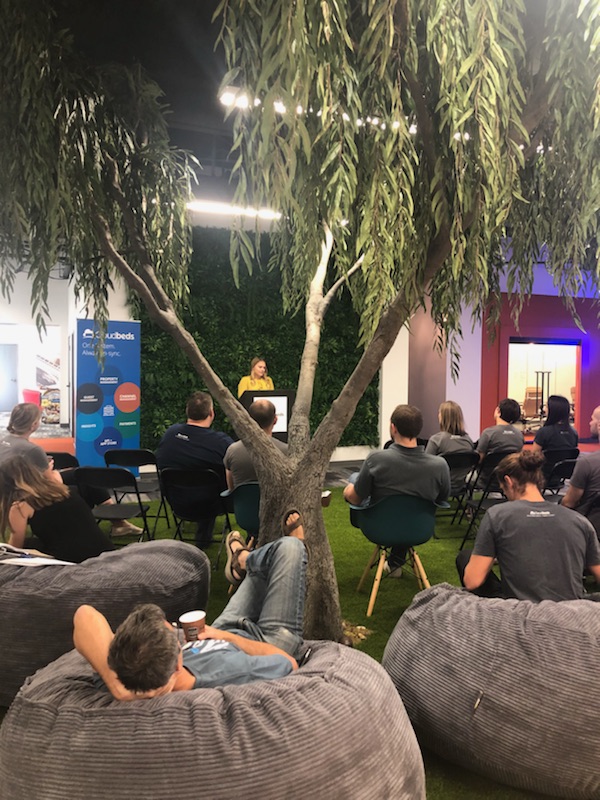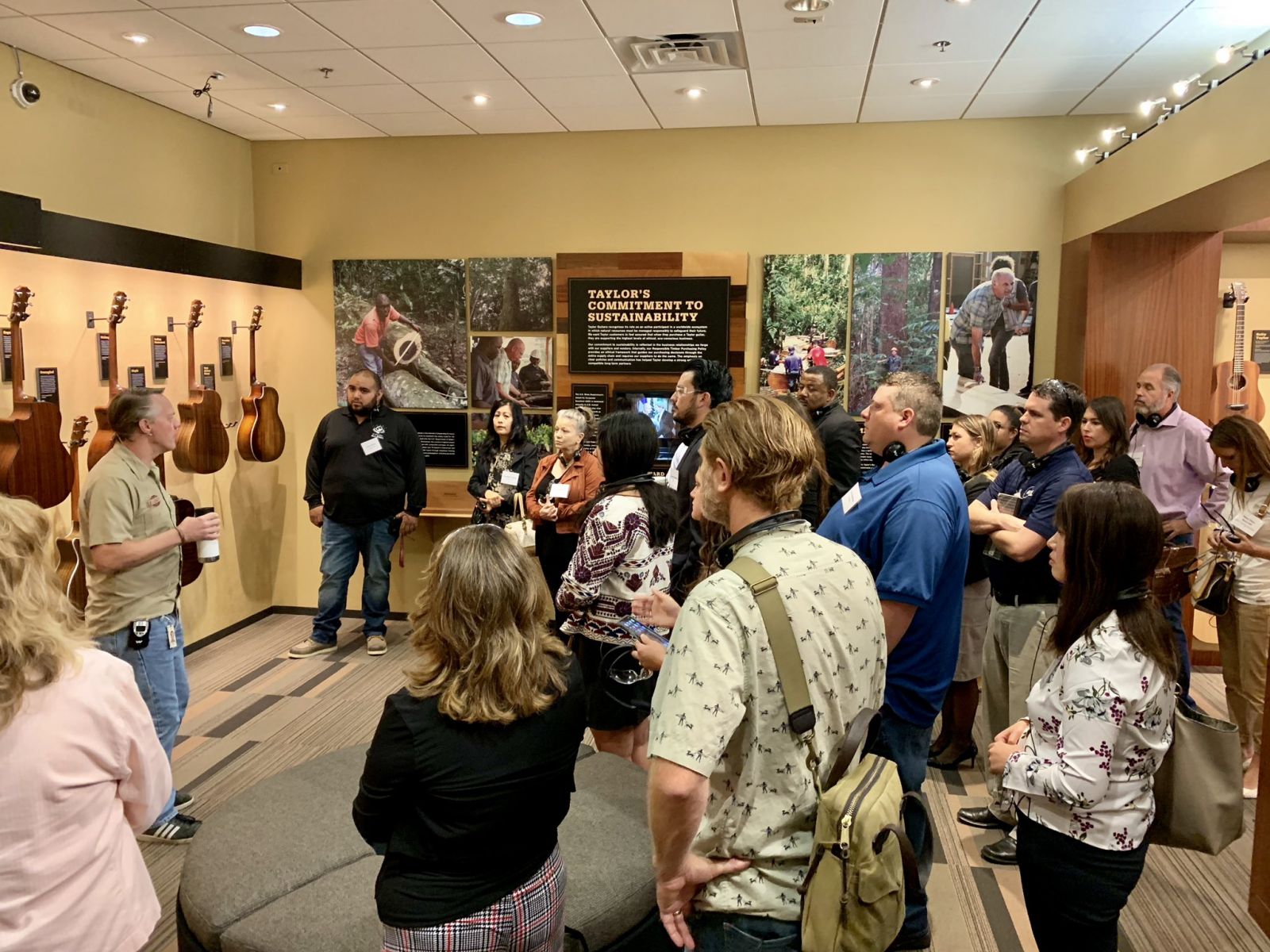Today, the Federal Aviation Administration, City of Chula Vista, City of San Diego, San Diego Regional EDC and Cape announced the launch of a test program to deploy drones for proactive public safety operations by the Chula Vista Police Department. This project has been made possible through the FAA’s Unmanned Aerial Systems Integrated Pilot Program (IPP).
As part of the IPP, drones equipped with Cape Aerial Telepresence software will be deployed to a scene within two minutes from Chula Vista Police Department headquarters, to provide police with video and decision quality data. In true #SDlifechanging fashion, these drones will serve as first responders, assisting in incidents such as life safety, crime in progress, fleeing subjects, fire and more. The drone program is an element of the Chula Vista Smart City Action Plan to implement technology and data tools to enhance city services, advance public safety, promote the efficient use of taxpayer dollars, engage residents, and encourage growth in the local economy. Simulation below:
San Diego region among first to deploy drones as first respondesers from San Diego on Vimeo.
Since CVPD began operations on October 22, a drone has been deployed 29 times. About 30 percent of those calls were related to some type of disturbance and about 17 percent of the time, drone pilots were able to clear a call without ground units responding (e.g., the subjects were gone), thereby keeping officers free for higher priority calls. The drone also was used to locate a felony domestic violence suspect in a transient camp surrounded by heavy vegetation. The drone pilot was able to safely direct officers to the camp while observing the suspect’s actions until he was arrested. The drone was also successfully used to locate and direct officers to arrest subjects on two other disturbance calls. These are just a few of the early successes of CVPD’s UAS pilot program. Drone pilots and patrol officers recognize the potential for even more public safety benefits as the program evolves.
San Diego’s IPP local program also will include projects like flying medical specimens from UC San Diego for expedited results and cost savings, testing food delivery from restaurants to consumers using Uber, and testing the integration and communication between driverless cars and unmanned aircraft systems.
The City of San Diego’s Homeland Security Department is collaborating with more than 20 regional organizations to implement the IPP. In addition to EDC, partners include: City of Chula Vista , Cape, AirMap, Qualcomm, AT&T, California Governor’s Military Council, California Governor’s Office of Business and Economic Development (GoBiz), Uber, UC San Diego Health, Intel, GE Ventures, and others.
The San Diego regional IPP is one of only 10 agencies nationwide chosen to participate, including the states of Kansas, Virginia, Alaska and North Dakota and the cities of Reno and Memphis. The San Diego region also was selected as one of 10 autonomous vehicle testing sites in the nation in 2017. The designated testing sites form a national community that share information and collaborate with the private sector to advance the safe development of unmanned vehicles.
The federal Unmanned Aircraft System (UAS) Integration Pilot Program (IPP) is an opportunity for state, local, and tribal governments to partner with private sector entities, such as UAS operators or manufacturers, to accelerate safe UAS integration. The Program is expected to foster a meaningful dialogue on the balance between local and national interests related to UAS integration and provide actionable information to the USDOT and FAA on expanded and universal integration of UAS into the National Airspace System.
For more information on the drone program, visit www.sandiego.gov/ohs/unmanned-aircraft-systems.


 Today as part of its local expansion,
Today as part of its local expansion,  Learn from the best, they say. For the third straight year, East County-based guitar manufacturer Taylor Guitars generously played host to WTC San Diego and the
Learn from the best, they say. For the third straight year, East County-based guitar manufacturer Taylor Guitars generously played host to WTC San Diego and the